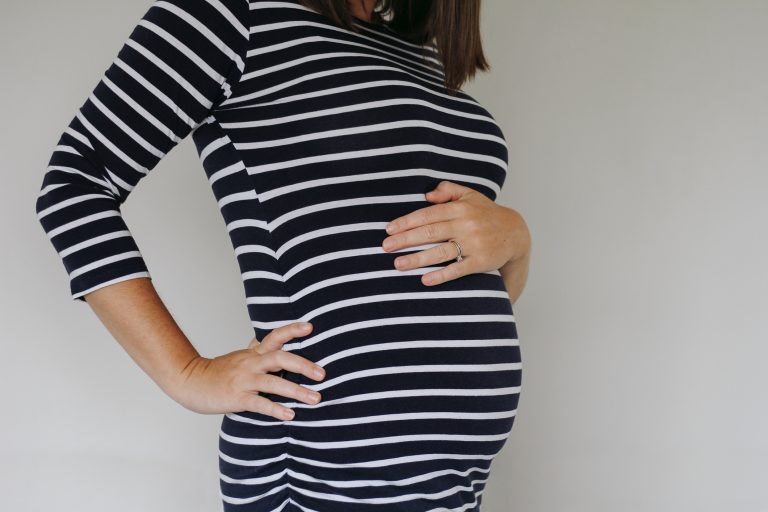
A large-scale, trans-ethnic, association study finds the risk of sporadic and multiple miscarriages is partly driven by maternal genetic variation, possibly related to placental biology. Researchers at the Estonian Genome Center at the University of Tartu describe newly discovered associations between miscarriage and maternal genes in their Nature Communications paper, which was published online today and is open access.
Miscarriage is the most common complication of pregnancy, affecting about 15% of clinically confirmed pregnancies. It is also a significant health issue, as it can be associated with excessive bleeding, infection, anxiety, depression, infertility, and even an increased lifetime risk of cardiovascular disease.
Prior research has shown that the risk of miscarriage increases with maternal age and is associated with certain health factors, including fetal genetic disorders such as chromosomal abnormalities, but up to two-thirds of miscarriages are either unrecognized or due to unknown causes. According to the Estonian researchers, previous studies have shown a genetic component to miscarriage, but most focused on single genetic maternal variants and recurrent miscarriage. A majority of these studies also had small sample sizes and delivered largely inconsistent results.
“Our study involved a large number of women whose gene variants were examined throughout the genome to find risk factors for sporadic or consecutive miscarriages,” explains Triin Laisk, Ph.D., the first author of the paper and a senior research fellow at the Estonian Genome Center.
The authors analyzed 420,000 women’s genetic data collected from biobanks around the world, including from the Estonian population-based biobank. They carried out large-scale genetic association analyses with 69,054 cases from five different ancestries for sporadic miscarriage, 750 cases of European ancestry for multiple (≥3) consecutive miscarriage, and up to 359,469 female controls.
They identified one genome-wide significant association for sporadic miscarriage in their European ancestry meta-analysis and three genome-wide significant associations for multiple consecutive miscarriage. They also investigated the genetic architecture of miscarriage with biobank-scale Mendelian randomization, heritability, and genetic correlation analyses. Those results indicate\risk of miscarriage is partly driven by genetic variation that may be related to placental biology,
In addition to their finding of genetic variants and the possible role of placental genes, the researchers also analyzed health outcomes associated with miscarriage, confirmed previous observations from epidemiologic studies, and identified several novel ones, such as associations with asthma, ectopic pregnancy, depression, self-harm, and irritable bowel syndrome. They also found links between risk of miscarriage and smoking, which has already been established through epidemiologic studies, as well as mental health and general well-being.
“Although previous studies have shown that miscarriage increases the risk of depression and cardiovascular diseases, the underlying reasons are unknown. However, genetic research will help us better understand what could be behind such associations,” says Laisk.
” In the future, we could know more about the biology behind a successful pregnancy and also about the long-term impact of miscarriage on overall health,” she adds.
The study is from an international consortium that will continue to study the genetic causes of miscarriage. The analyses included data from UK Biobank, Estonian Biobank, ALSPAC, and China Kadoorie Biobank.
“The results of this study illustrate the utility of large-scale biobank data for understanding this pregnancy complication,” concludes Laisk.













